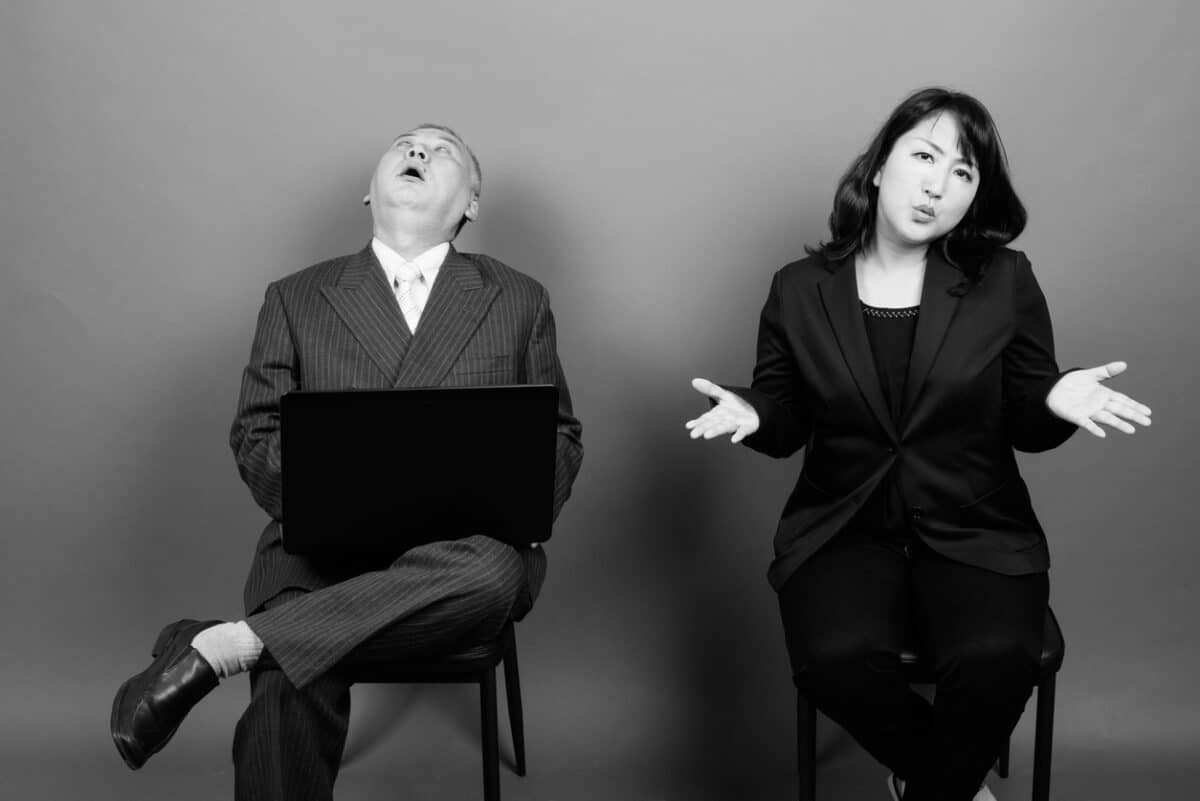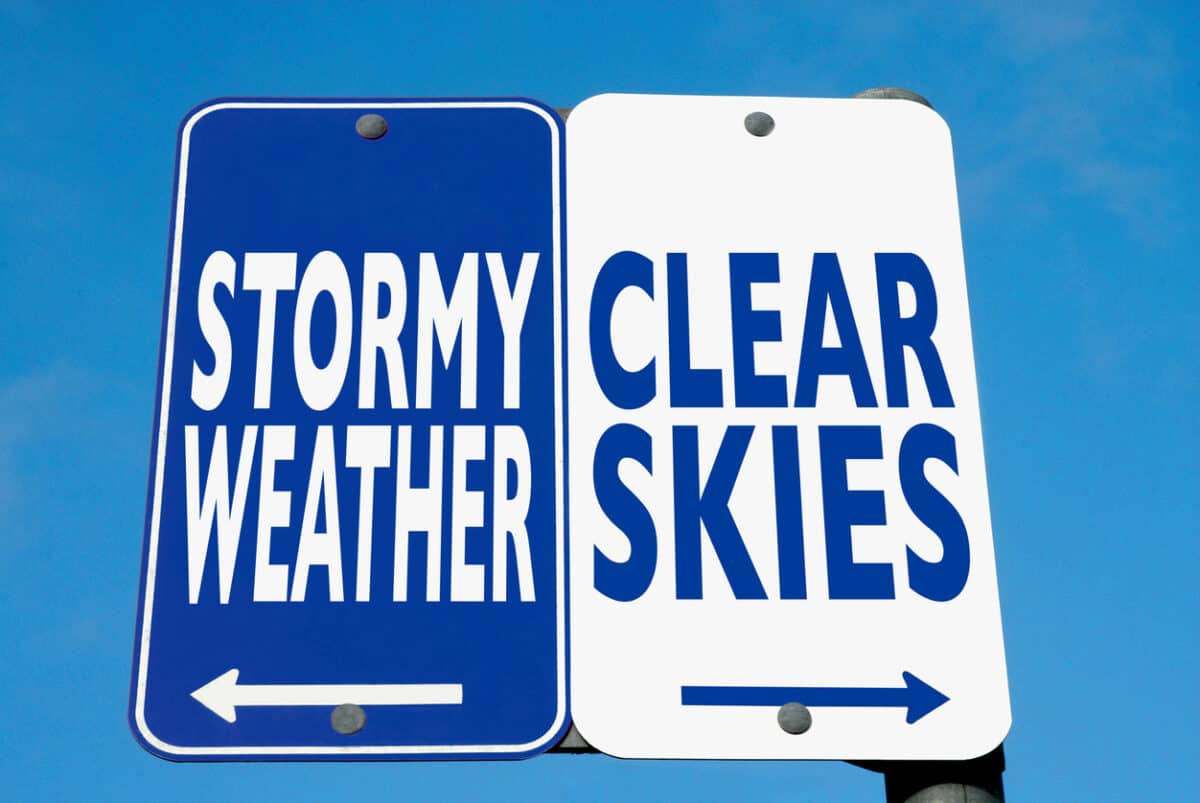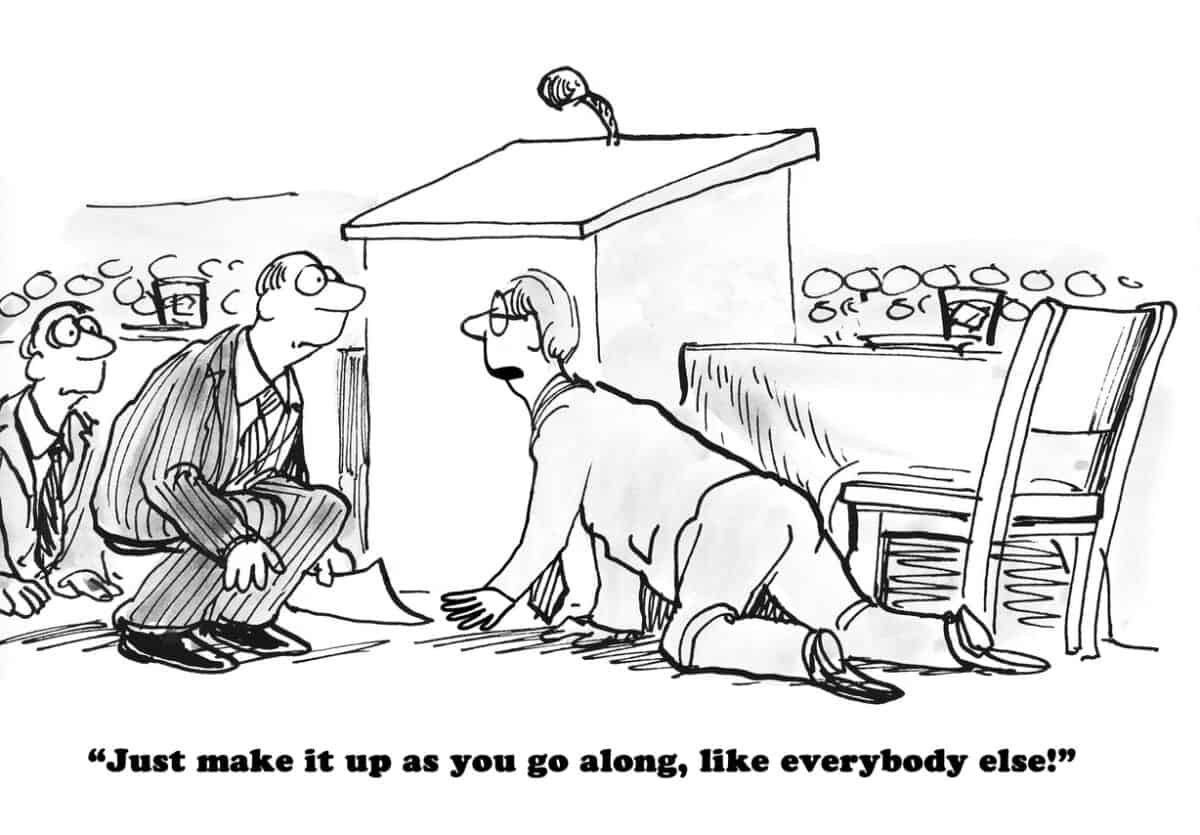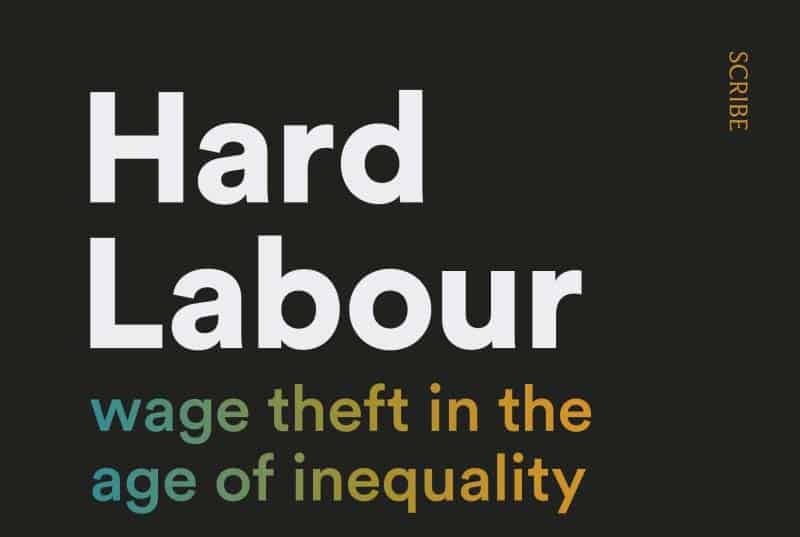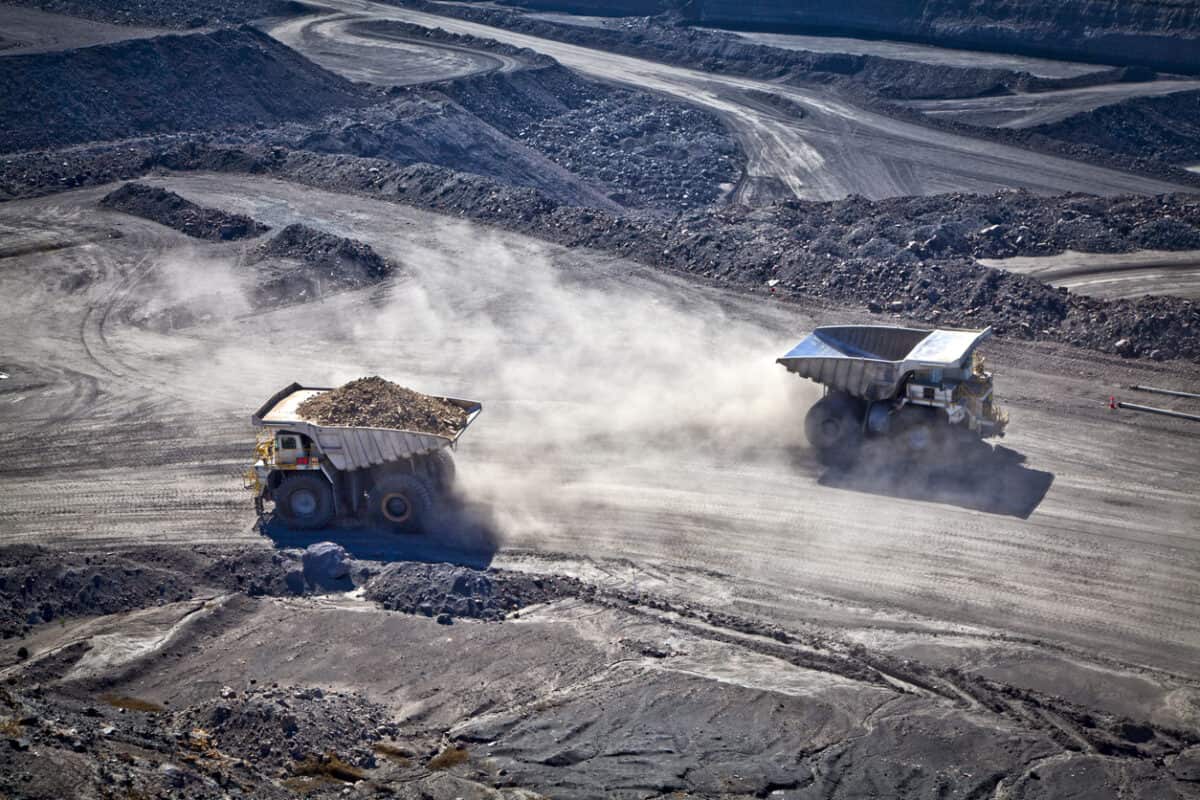The primacy of profit to employers is an accepted truth. However, the size of the profit and the pathway to those profits are not absolutes, and it is in this latter context that occupational health and safety (OHS) lives.
Even though profit is a business truth, it is often a word that business representatives seem to fear. They speak of profit through synonyms like “productivity” and “competitiveness”. An example of this timidity or wariness was displayed recently by prominent businessman Michael Angwin in an opinion piece in the Australian Financial Review (paywalled) that contained many other cautious words of business jargon. Angwin misses the harm to workers and others generated by the world as he sees it.



